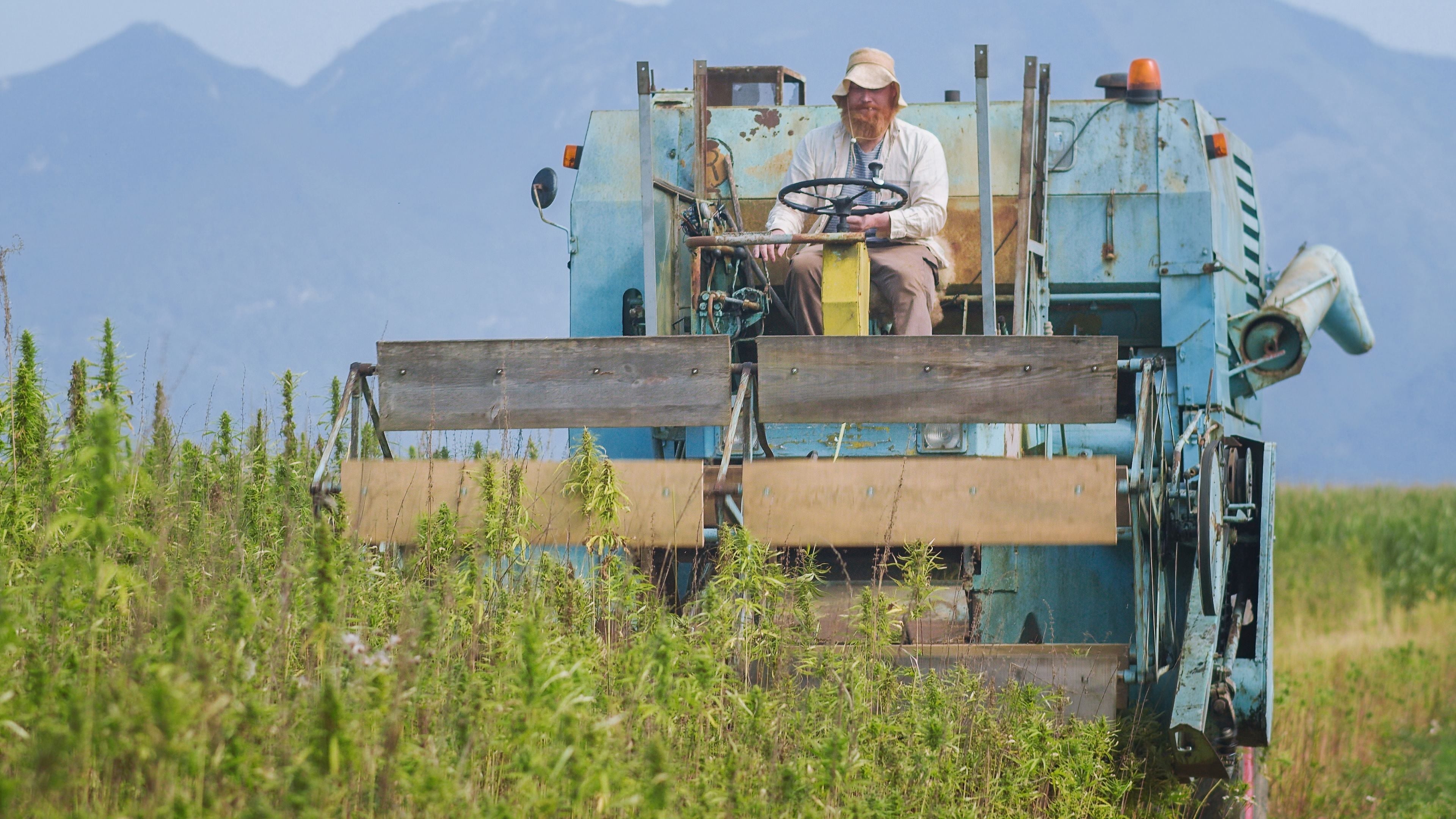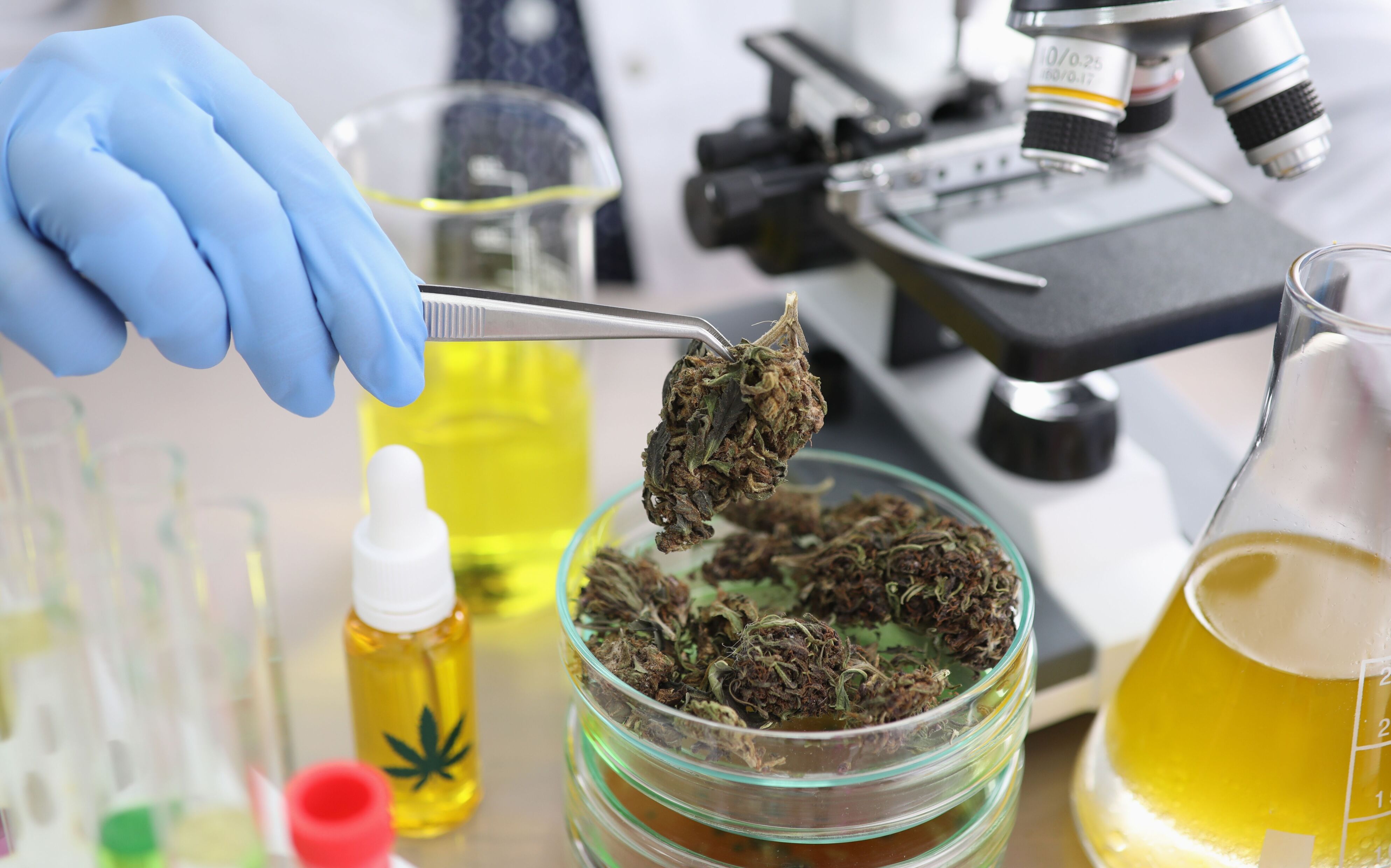
When soil is contaminated, it can cause a variety of harms. In addition to the negative effects it can have on the health of the area’s inhabitants, contaminated soil can limit agricultural operations, stymie community development and eliminate job opportunities.
When soil becomes contaminated, decontamination becomes the most logical response. Depending on the situation, decontamination can be a difficult, time-consuming and expensive process, but it might not have to be.
Hemp plants are natural bioaccumulators. This means that they are very good at drawing toxins out of the soil.
How do hemp plants clean the soil?
Hemp can help clean toxins out of the soil through a process called phytomediation. This is done in three different ways.
Hemp can absorb contaminants from the soil when it absorbs water and nutrients. When this happens, the contaminants are stored in the shoots and leaves until the plant dies. This process is called phytoaccumulation.
When hemp absorbs contaminants, it also has the ability to release some contaminants into the air through its leaves. This process is called phytovolatilization.
Hemp also has the ability to break down contaminants through a process called phytodegradation. Through this process, the plant consumes, metabolizes and destroys the contaminants.
Some of the toxins that hemp can reportedly absorb from the soil include heavy metals, radioactive elements, pesticides, herbicides, fungicides, explosives and fuels.
How might contaminated plants affect consumers?
A hemp crop used to purify the soil may not be a good candidate for medicinal or food purposes. A study published in 2002 found that hemp grown in soil with heavy metal pollution ended up having heavy metals throughout the mature plant, including in the seeds, leaves, fibers and hurds.
When hemp is manufactured into products, the desirable components of the plant are condensed. If the plant is contaminated, the toxins are also condensed. In this way, the toxins can easily then make their way from the contaminated plant to a finished product.
In simple terms, contaminated soil can lead to contaminated plants, and contaminated plants can lead to contaminated products. Because of this, it can be very important for growers to test their soils, for retailers to vet their products thoroughly and for consumers to only buy from trusted and transparent businesses.
How can a hemp crop be repurposed after cleaning the soil?
Fortunately, hemp is a very versatile crop. Hemp crops that were used to extract certain types of contamination from soil may be safe to use in some fiber products or to turn into biofuel. Community leaders in Lazio, a region of Italy, are even exploring the potential for using contaminated hemp to create bioplastics. The project is a new initiative that authorities have only recently announced.
Bioplastics are a type of biodegradable plastic that are made from biological components, like cellulose, instead of being made from petroleum. Because hemp has a low environmental impact and contains a high amount of cellulose, it is generally considered to be a good material for creating bioplastics.
“The way to obtain plastic will be studied starting from hemp molecules and no longer from a synthesis process that starts from petroleum derivatives,” Marco Delle Cese told Hemp Today. Delle Cese is the president of the Consortium for the Industrial Development of Sothern Lazio.
“Plastic that does not pollute, green plastic that is biodegradable: that is the dream,” Delle Cese added.
Authorities in Lazio, Italy, are reportedly now looking for industrial partners to help transform the hemp crop into usable plastic products. The project partners reportedly believe that plastic packing materials could be the right product for their project.
Mayor Giuseppe Sacco of Roccasecca, a town in the Lazio region, reportedly said that the project’s primary purpose is to reclaim land in an industrial area that has had poisoned soil for years. However, he explained that this hemp project can also create jobs and bring business back to the area.
Growing hemp may not be the best solution to every soil contamination problem, but it could be an appropriate remedy for some sites. In some situations, a hemp crop could even help offset more than one of the consequences that soil contamination can cause.
Sources
[1] https://hempindustrydaily.com/how-to-avoid-heavy-metal-accumulation-in-your-hemp-crop/
[3] https://www.sciencedirect.com/science/article/abs/pii/S0926669002000055
[4] https://ministryofhemp.com/blog/hemp-soil-remediation/
[5] https://hemptoday.net/italian-region-exploring-hemp-for-plastic-and-cleaning-up-soil/








































